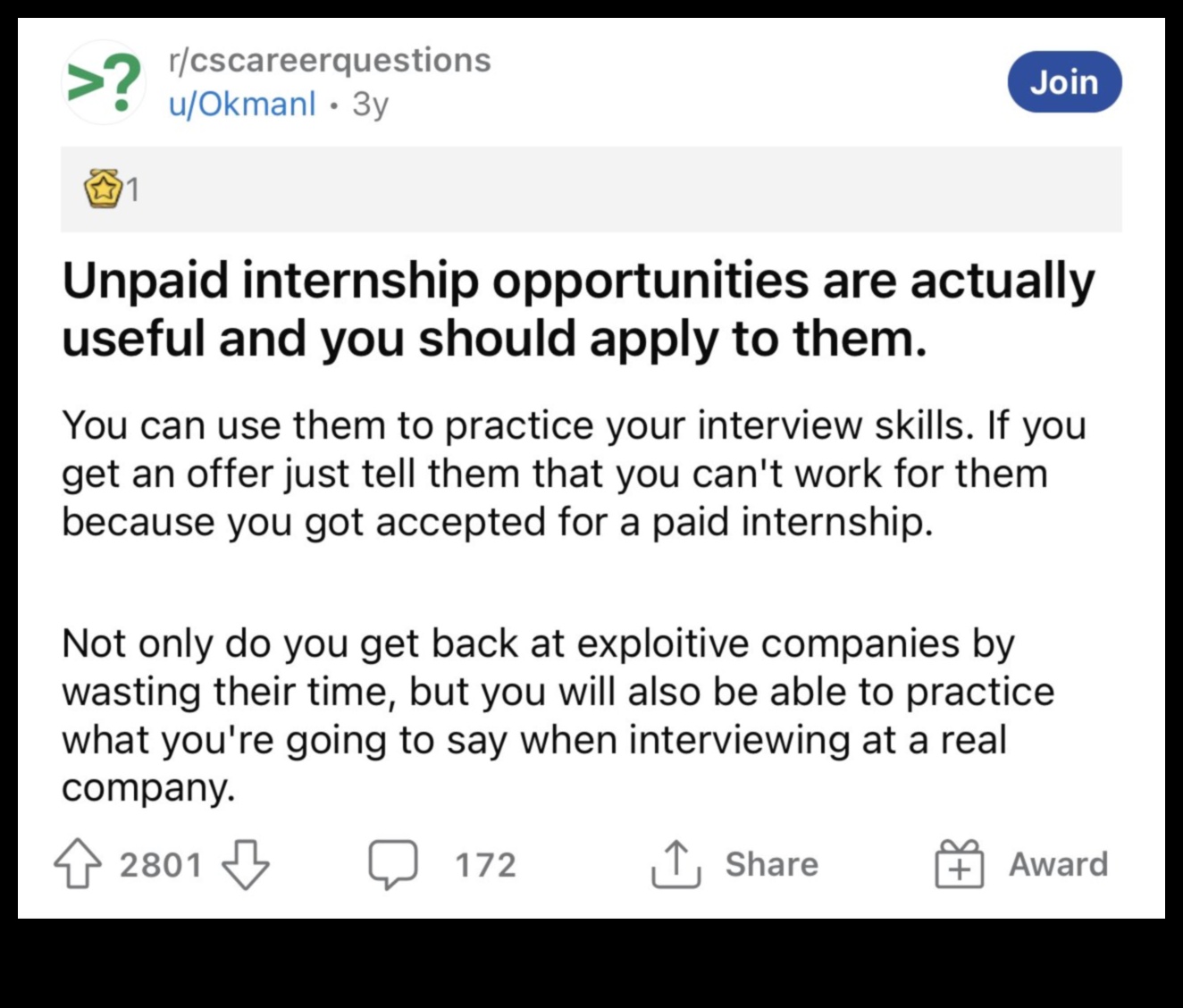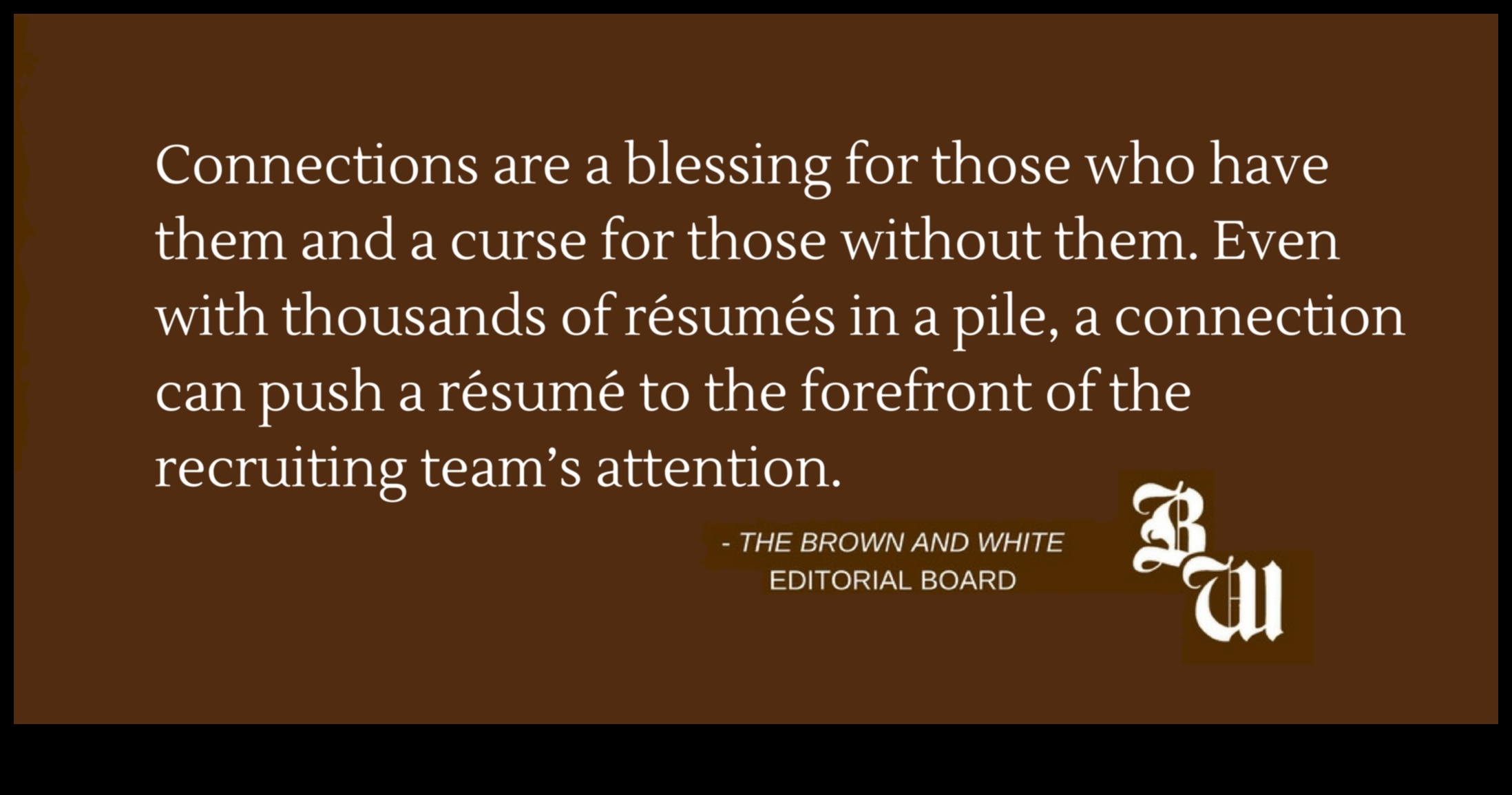
Are Unpaid Internships Legal?
Unpaid internships are a controversial topic. Some people believe that they are a valuable way for students to gain experience and learn about a career field. Others believe that they are exploitative and that employers are taking advantage of unpaid interns.
The law on unpaid internships is complex. There are no federal laws that specifically address unpaid internships. However, there are a number of federal laws that apply to unpaid internships, including the Fair Labor Standards Act (FLSA) and the Equal Pay Act.
The FLSA sets a minimum wage for employees. However, the FLSA does not apply to unpaid internships that meet certain criteria. These criteria include:
- The internship is for the benefit of the intern, not the employer.
- The intern is not doing work that would normally be done by a paid employee.
- The intern is not displacing a paid employee.
If an unpaid internship meets all of these criteria, it is not considered to be employment and the employer is not required to pay the intern a minimum wage.
The Equal Pay Act prohibits employers from discriminating against employees based on their sex. This means that employers cannot pay male interns more than female interns for the same work.
The law on unpaid internships is still evolving. There are a number of court cases that have been decided on this issue, and the law is still being interpreted by the courts.
If you are considering an unpaid internship, it is important to understand the law and your rights. You should also talk to your academic advisor or career counselor for more information.
| Feature | Answer |
|---|---|
| Internship | A temporary position in which a person works for little or no pay in order to gain experience in a particular field. |
| Legal | Unpaid internships are legal in the United States as long as they meet certain criteria, such as providing the intern with educational or training benefits and not displacing paid employees. |
| Unpaid | There are both pros and cons to unpaid internships. Some of the benefits of unpaid internships include gaining valuable experience, networking with professionals, and getting a foot in the door at a desired company. However, unpaid internships can also be challenging, as they can be unpaid, time-consuming, and may not lead to a job offer. |
| Labor | The Fair Labor Standards Act (FLSA) does not require employers to pay interns, as long as the internship is unpaid and provides the intern with educational or training benefits. |
| Law | There are a number of laws that govern unpaid internships, including the FLSA, the National Labor Relations Act (NLRA), and the Equal Employment Opportunity Commission (EEOC). These laws ensure that unpaid interns are treated fairly and that they are not exploited by their employers. |

II. Benefits of unpaid internships
Unpaid internships can offer a number of benefits to students and recent graduates, including:
- Gaining valuable experience in your field of interest
- Networking with professionals in your industry
- Getting a foot in the door at your dream company
- Developing your skills and knowledge
- Building your resume and portfolio
- Gaining a competitive edge in the job market
III. Drawbacks of unpaid internships
While unpaid internships can provide valuable experience and networking opportunities, there are also some drawbacks to consider.
-
Unpaid internships can be financially difficult. Interns often have to pay for their own living expenses, such as rent, food, and transportation. This can be a challenge, especially for students who are already struggling to make ends meet.
-
Unpaid internships can be time-consuming. Interns may work long hours, and they may not have much time for other activities, such as school or personal relationships.
-
Unpaid internships can be exploitative. Some employers take advantage of interns by expecting them to do work that is not related to their field of study or that is not educational in nature.
IV. How to find unpaid internships
There are a few different ways to find unpaid internships. Here are a few tips:
- Search online job boards and career websites.
- Network with your friends, family, and professors.
- Contact companies directly.
- Attend job fairs and career events.
- Volunteer for organizations that offer internships.
When you’re searching for unpaid internships, be sure to read the job description carefully to make sure that the internship is a good fit for your skills and interests. You should also make sure that the internship is unpaid before you apply.

V. How to apply for unpaid internships
There are a few different ways to apply for unpaid internships.
- The most common way to apply for an unpaid internship is to submit your resume and cover letter to the company or organization that is offering the internship.
- You can also find unpaid internships through online job boards and websites.
- Some colleges and universities have internship programs that you can participate in.
- You can also reach out to your network of friends, family, and professional contacts to see if they know of any unpaid internships that are available.
When you are applying for an unpaid internship, it is important to make sure that you are clear about your expectations and that you are aware of the benefits and drawbacks of unpaid internships.
You should also make sure that you are applying for internships that are relevant to your career goals and that you are qualified for.
If you are accepted to an unpaid internship, it is important to be prepared to work hard and to make the most of the opportunity.
You should also be aware of your rights as an intern and make sure that you are not being taken advantage of.

6. FAQ
Are unpaid internships legal?
* In the United States, unpaid internships are legal as long as they meet certain criteria. These criteria include:
* The internship is for the benefit of the intern, not the employer.
* The intern is not doing work that would normally be done by a paid employee.
* The intern is receiving educational or training benefits from the internship.
* For more information, see the U.S. Department of Labor’s website on unpaid internships.
How much should I be paid for an internship?
* The federal minimum wage is $7.25 per hour. However, many internships pay more than minimum wage, especially in high-cost areas. The amount you should be paid for an internship depends on a number of factors, including:
* The type of internship
* The industry
* The location
* Your experience level
* For more information, see the U.S. Department of Labor’s website on minimum wage.
Can I get college credit for an internship?
* Yes, you may be able to get college credit for an internship. Check with your academic advisor to see if your school offers credit for internships.
How do I get an unpaid internship?
* There are a few ways to find unpaid internships:
* Search online job boards and internship websites.
* Contact companies directly and ask about internship opportunities.
* Network with your friends, family, and professors.
* Attend career fairs and job fairs.
* For more information, see our guide on how to find internships.
How do I apply for an unpaid internship?
* When applying for an unpaid internship, it is important to:
* Tailor your resume and cover letter to the specific internship.
* Highlight your skills and experience that are relevant to the internship.
* Show your enthusiasm for the internship and the company.
* Be prepared to answer questions about your goals and why you are interested in the internship.
* For more information, see our guide on how to apply for internships.
How do I prepare for an unpaid internship?
* There are a few things you can do to prepare for an unpaid internship:
* Do your research on the company and the internship.
* Brush up on your skills and knowledge that are relevant to the internship.
* Dress professionally and arrive on time for your first day.
* Be prepared to work hard and learn new things.
* Be open to feedback and criticism.
* Network with your colleagues and supervisors.
* For more information, see our guide on how to prepare for internships.
How do I get the most out of an unpaid internship?
* There are a few things you can do to get the most out of an unpaid internship:
* Take advantage of the opportunity to learn new skills and knowledge.
* Ask questions and seek out feedback from your supervisors.
* Get involved in extracurricular activities and networking events.
* Use your internship to build your resume and network.
* Stay positive and motivated, even when things get tough.
* For more information, see our guide on how to get the most out of internships.
How do I negotiate an unpaid internship?
* If you are offered an unpaid internship, you may be able to negotiate a salary or other benefits. Here are a few things to keep in mind when negotiating an unpaid internship:
* Be prepared to explain why you are worth paying for.
* Be realistic about your expectations.
* Be willing to walk away if you don’t get what you want.
* For more information, see our guide on how to negotiate unpaid internships.
How do I turn an unpaid internship into a paid job?
* There are a few things you can do to turn an unpaid internship into a paid job:
* Do your job well and go above and beyond.
* Network with your colleagues and supervisors.
* Keep your eyes open for job openings.
* Be prepared to negotiate your salary.
* For more information, see our guide on how to turn unpaid internships into paid jobs.
How to get the most out of unpaid internships
Unpaid internships can be a great way to gain valuable experience and learn about a particular industry. However, it’s important to make sure that you’re getting the most out of your internship experience. Here are a few tips:
- Set clear goals for yourself. What do you hope to achieve by the end of your internship? Make sure to communicate these goals to your supervisor so that they can help you track your progress.
- Be proactive. Don’t just wait for tasks to be assigned to you. Take initiative and seek out opportunities to learn new things and contribute to your team.
- Network. Use your internship as an opportunity to meet new people and build relationships. These relationships can be helpful for future job searches or career opportunities.
- Stay positive. An unpaid internship can be demanding, but it’s important to stay positive and motivated. Remember that you’re getting valuable experience that will help you in your career.
If you follow these tips, you can make the most out of your unpaid internship experience and set yourself up for success in your future career.

How to negotiate an unpaid internship
Unpaid internships can be a great way to get experience in your field of interest, but they can also be a lot of work. If you’re considering an unpaid internship, it’s important to make sure that you’re getting the most out of it. One way to do this is to negotiate the terms of your internship.
When you’re negotiating an unpaid internship, there are a few things you can ask for:
- A stipend or hourly wage
- Credit for college credit
- Opportunities to attend conferences or workshops
- A letter of recommendation from your supervisor
It’s important to be realistic when you’re negotiating an unpaid internship. If the company is a small startup, they may not be able to offer you a stipend or hourly wage. However, you may be able to get credit for college credit or opportunities to attend conferences or workshops.
When you’re negotiating, be polite and respectful. Remember that you’re still trying to get a foot in the door at this company, so you don’t want to burn any bridges.
If you’re not able to get everything you want, don’t be discouraged. Just remember that an unpaid internship is still a great way to get experience in your field.
How to turn an unpaid internship into a paid job
Unpaid internships can be a great way to get your foot in the door of a desired industry, but they don’t always lead to paid employment. If you’re looking to turn your unpaid internship into a paid job, there are a few things you can do:
- Do your research. Before you start your internship, make sure to do your research on the company and the industry. This will help you understand what the company is looking for in an intern, and what you can do to make yourself a valuable asset.
- Network. Make an effort to network with your coworkers and supervisors. Get to know them on a personal level, and let them know about your interest in a paid position.
- Be a valuable asset. Go above and beyond your job description, and show your supervisors that you’re a hard worker who is dedicated to the company.
- Ask for feedback. Once you’ve been at your internship for a few months, ask your supervisors for feedback on your performance. This will help you identify areas where you can improve, and it will also show your supervisors that you’re interested in taking on more responsibility.
- Be patient. It may take some time for your unpaid internship to turn into a paid job. Don’t get discouraged if you don’t hear back from the company right away. Keep networking and continue to perform well at your internship, and eventually your hard work will pay off.
By following these tips, you can increase your chances of turning your unpaid internship into a paid job.
X. FAQ
Q: Are unpaid internships legal?
A: In the United States, unpaid internships are legal as long as they meet certain criteria. These criteria include:
- The internship is for the benefit of the intern, not the employer.
- The intern is not doing the same work as paid employees.
- The intern is receiving educational or training benefits from the internship.
Q: What are the benefits of unpaid internships?
A: There are many benefits to unpaid internships, including:
- Gaining valuable experience in your field of interest.
- Networking with professionals in your industry.
- Getting a foot in the door at your dream company.
Q: What are the drawbacks of unpaid internships?
A: There are also some drawbacks to unpaid internships, including:
- You may not be able to afford to work for free.
- You may not be treated as well as paid employees.
- You may not get the same opportunities as paid employees.